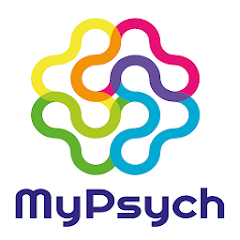Medical treatment is sometimes necessary in the absence of consent.
- Treatment can be given under the Adults with Incapacity (Scotland) Act 2000
- Treatment can be given under the Mental Health (Care and Treatment) (Scotland) 2003 Act
A person subject to Compulsory Treatment under the Mental Health Act can be given treatment for their mental health without consent if they lack the capacity to consent or refuse to consent.
There are safeguards in place for treatment given under The Act. Drug treatment can be given for the first two months. Drug treatment for more than 2 months, medication to reduce sex drive or artificial nutrition have further safeguards. More information on the requirements for other specific treatments (e.g. ECT / deep brain stimulation) is available on the Mental Welfare Commission website.
Under Part 16 of the Mental Health Act, urgent treatment may be given when a patient does not consent or is incapable of consenting and the purpose of the treatment is to:
- Save the patient’s life
- Prevent serious deterioration in the patient’s condition
- Alleviate serious suffering on the part of the patient
- Prevent the patient from behaving violently or being a danger to themselves or others
It is important to continue to review patients’ ability to consent on a regular basis.
Decisions to provide treatment without consent should be discussed with a senior colleague.
